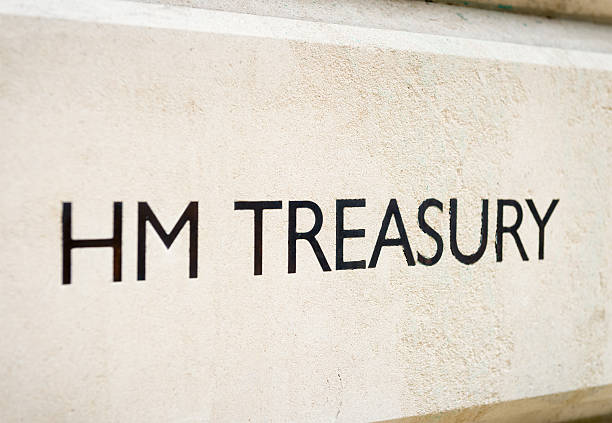The Chancellor of the Exchequer responded to ONS December labour market statistics is below. Chancellor, Jeremy Hunt, said: “While unemployment in the UK remains close to historic lows, high inflation continues to plague economies around the world as we manage the impacts of Covid-19 and Putin’s invasion of Ukraine.
“To get the British economy back on track, we have a plan which will help to more than halve inflation next year - but that requires some difficult decisions now. Any action that risks embedding high prices into our economy will only prolong the pain for everyone and stunt any prospect of long-term economic growth. With job vacancies at near record highs, we are committed to helping people back into work, and helping those in employment to raise their incomes, progress in work, and become financially independent.”
Additional information:
- UK unemployment remains close to historic lows and remains lower than the Republic of Ireland (4.4%), Canada (5.1%), the Euro area (6.5%), France (7.1%), Sweden (7.7%), Italy (7.8%) and Spain (12.5%).
- The government has accepted independent pay review body recommendations for 2022-23, providing the largest uplifts in 20 years – in many cases higher than settlements seen in the private sector around this time.
- An inflation-matching pay increase of 11 per cent for all public sector workers would cost an estimated £28 billion, worsening debt and risking embedding inflation in our economy.
- That would be a cost to each household of just under £1,000 - the equivalent of increasing the basic rate of income tax by over 4.5 percentage points.
- As confirmed by the Chancellor in his Autumn Statement, the Work and Pensions Secretary is rapidly and thoroughly reviewing issues holding back domestic workforce participation. The review will conclude early in the new year.
- The Chancellor also confirmed that the government will bring forward the nationwide rollout of the In-Work Progression offer, starting with a phased rollout from September 2023. This will mean that over 600,000 Universal Credit claimants that are in work will be required to meet with a dedicated work coach so that they have support to increase their hours or earnings.











